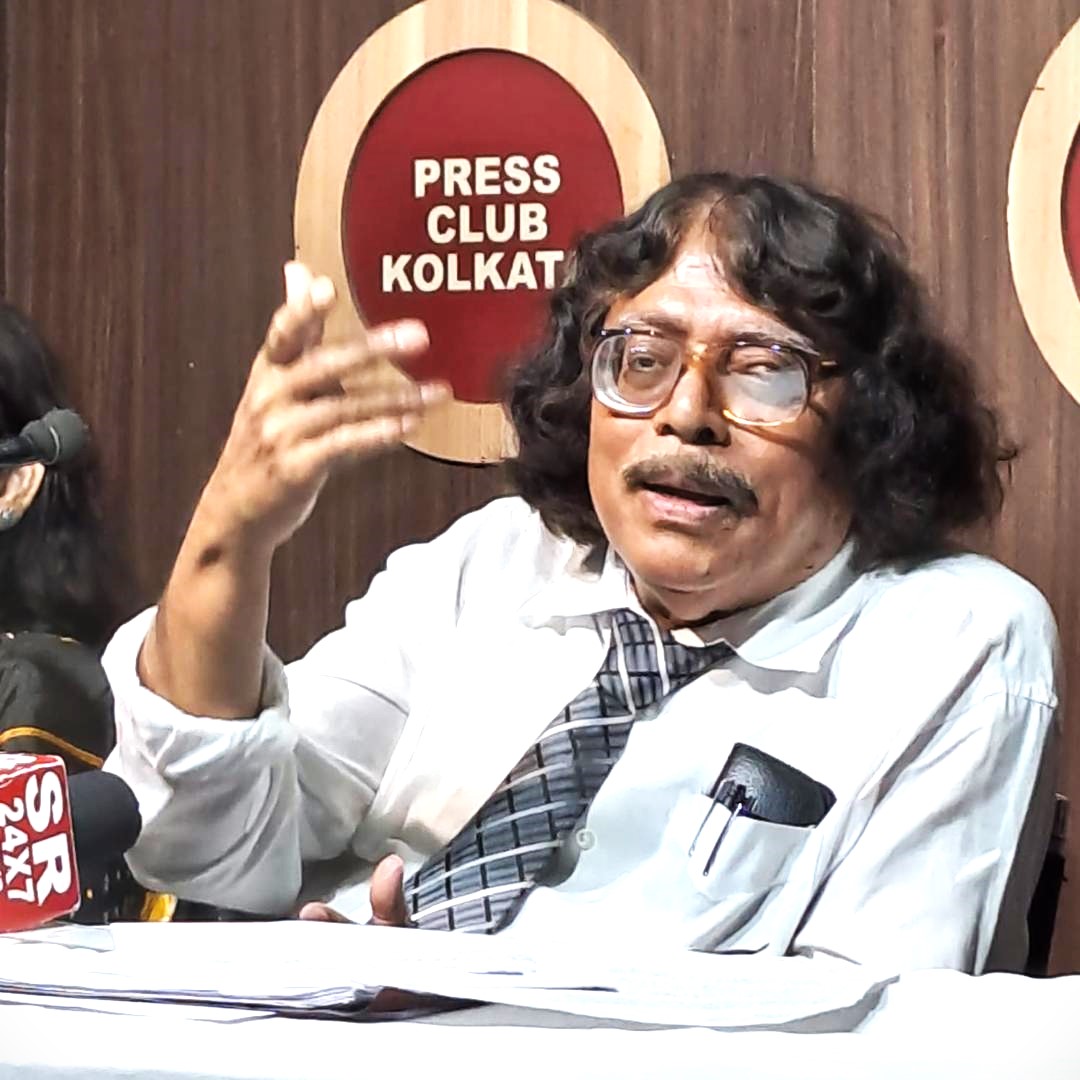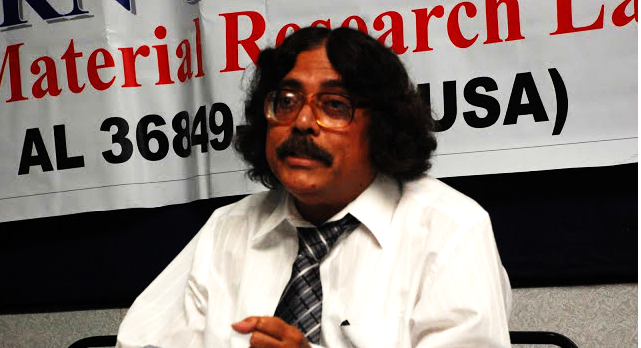Nonconjugated Conductive Polymers: A Game-Changer for Protection against Radioiodine Emitted from Nuclear Reactors and Other Sources

New Delhi, May 6, 2024: Professor Mrinal Thakur, Director of the Photonic Materials Research Laboratory, Auburn University, AL (USA) criticized the Modi Government for not taking appropriate action to protect against radioactive iodine emitted by nuclear reactors, wastes and other systems.
Professor Thakur invented novel protective systems based on Nonconjugated Conductive Polymers which are uniquely suited to this application. U.S. patent on this invention has been issued to Professor Thakur. Scientific Journal article published in Radiation Protection and Environment, Thakur, 2021.
Nobel-nominated scientist Professor Thakur stated that about 3% by weight of the byproducts in nuclear reactors is radioiodine. Although much of it is trapped or absorbed within the reactor, some is leaked out through air and water. The most concerning is the fact that the threshold amount of radioiodine that can cause illnesses is extremely low! Therefore, providing protection is imperative.
Among radioactive species emitted by nuclear reactors and other systems, radioactive iodine is particularly dangerous since it remains as a vapor at ordinary temperature and can travel long distances by air-currents.
Radioactive iodine emitted from Fukushima plants, Japan, crossed the Pacific Ocean to arrive at California, USA and was reported to have caused illnesses in babies! Being partially soluble in water radioiodine can get in seafood, grass and dairy products. Radioactive iodine is readily absorbed by human body and causes thyroid cancer and other serious ailments. Professor Thakur contends that if the said protection were in place in Fukushima, radioiodine would not have spread so much, certainly not up to the United States!
Professor Thakur stated that large sheets of nonconjugated conductive polymers covering nuclear reactors and waste storage facilities will act as protective shields against radioiodine emission or leakage since iodine atoms will be captured by the polymers. These shields should save lives and the environment in case of radiation leakages from nuclear reactors: in normal day-to-day operations, due to accidents, and disasters up to the magnitudes of Fukushima-Daiichi and Chernobyl.
Despite repeated reminders the Modi Government has not taken action to utilize this unique science and technology to provide additional protection to the nuclear reactor facilities and other related systems.





